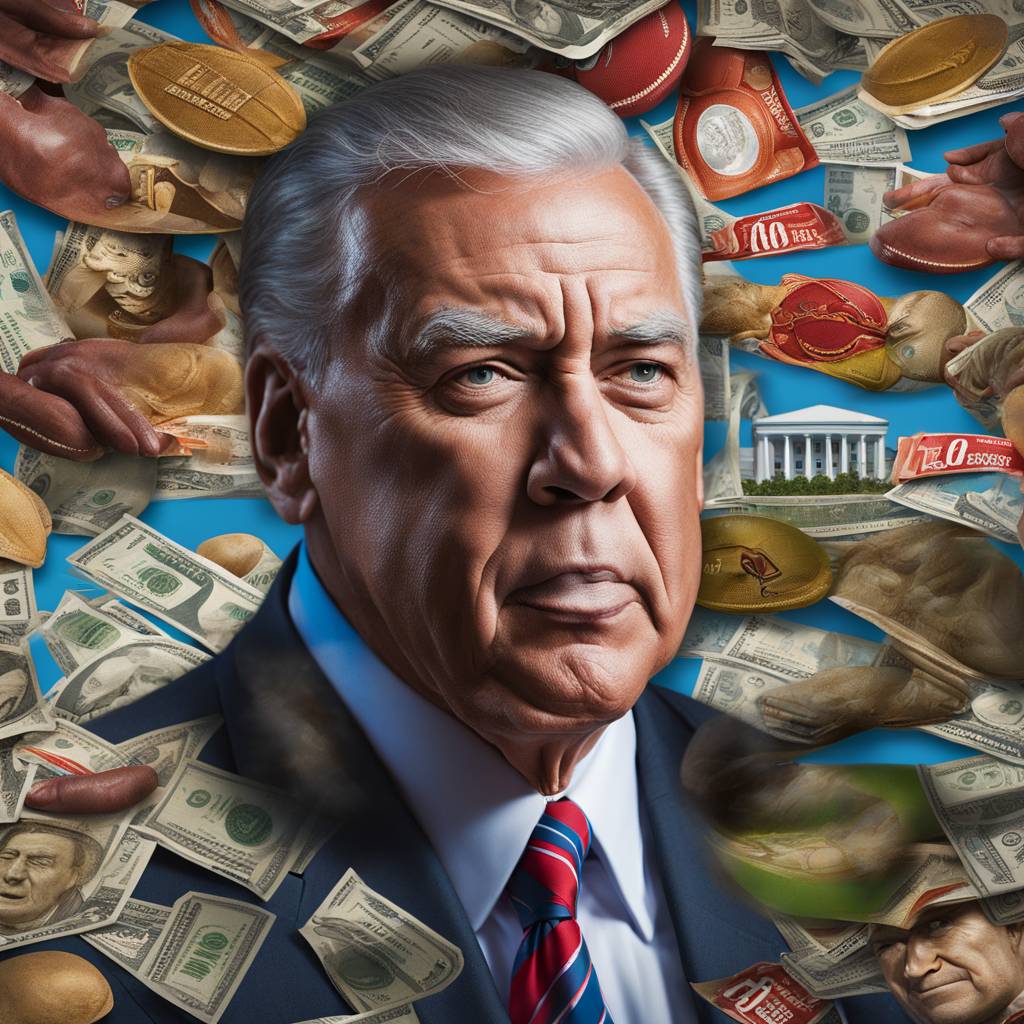NCAA President Charlie Baker is pushing for states with legal wagering to ban betting on individual performances for college athletes due to concerns about threats to integrity and harassment of athletes by bettors. During the women’s Final Four, featuring Iowa superstar Caitlin Clark, Baker expressed concern about the focus on prop betting involving college athletes. He highlighted successful efforts in some states like Ohio, Vermont, and Maryland to remove prop betting on college athletes, but acknowledged that more work needs to be done to address the issue.
Baker emphasized that the prevalence of sports betting among student-athletes’ classmates and schoolmates is a significant problem. He mentioned stories of athletes being harassed for betting-related issues, such as North Carolina’s Armando Bacot receiving messages criticizing his performance in a game. The NCAA has employed a company to monitor social media for inappropriate behavior directed at coaches, players, and officials, taking action when necessary. Despite concerns about mixed messages, Baker defended the decision to host the 2028 Final Four in Las Vegas, emphasizing the importance of implementing technology and policies to protect and support student-athletes.
The NCAA has taken steps to address the challenges posed by sports betting on college athletes, but Baker acknowledged that the issue is complex and ongoing. He compared the current state of addressing sports betting in college athletics to being in the “top of the first inning,” indicating that there is still much work to be done. Baker stressed the importance of recognizing the impact of sports betting on student-athletes and the need to provide support and safeguards to ensure their well-being in the face of growing concerns.
Despite concerns about the impact of prop betting on college athletes, Baker noted that the issue extends beyond individual performances and into the broader context of sports betting. He highlighted the need to address the challenges posed by sports betting technology and its accessibility to individuals in states where it is not legal. By focusing on partnerships, policies, and technology, Baker believes that it is possible to mitigate the risks associated with sports betting and protect the interests of student-athletes who may be vulnerable to its negative effects.
The NCAA’s efforts to address sports betting in college athletics include monitoring social media for inappropriate behavior and taking action to protect athletes and officials from harassment. Baker’s concerns about the potential threats to integrity and the well-being of student-athletes highlight the importance of implementing safeguards and policies to address the challenges posed by sports betting. While progress has been made in some states to ban prop betting on college athletes, Baker emphasized the need for continued vigilance and collaboration to address the complex issues raised by sports betting in college sports.
In conclusion, NCAA President Charlie Baker’s efforts to address sports betting in college athletics reflect the organization’s commitment to protecting the integrity of competition and the well-being of student-athletes. Despite the challenges posed by the prevalence of sports betting and the accessibility of technology, Baker remains focused on implementing measures to safeguard athletes from harassment and unfair treatment related to betting. By working with partners and policymakers, the NCAA aims to create a safer and more supportive environment for college athletes amidst the growing influence of sports betting.








